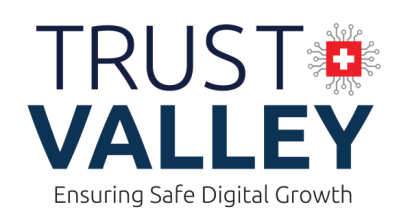
Suite au succès de notre événement sur la veille technologique et scientifique d’octobre 2020, vous êtes cordialement invité-e-s à la présentation en avant-première des résultats de nos recherches sur le thème:
*** Cybersecurity Technologies: An overview of trends in Switzerland and abroad ***
Cet événement a lieu au Cyber-Defence Campus, EPFL Innovation Park, Bâtiment I (carte ci-dessous) en partenariat avec l’Université de Genève et la Trust Valley.
*** Programme de la soirée ***
18h00 Ouverture des portes
18h10 Nouvelles de l’association par Dr. Alain Mermoud
18h15 Présentation des résultats (promotion, veille Inoreader, formations) du stage d’Amina Bouslami (Swissintell)
18h30 Présentation des livrables de veille “Technology Market Monitoring” par Michael Tsesmelis (CYD Campus)
19h00 Discussion sur les méthodes de veille technologique et scientifique utilisées avec Dr. Dimitri Percia David (UNIGE)
19h30 Apéritif dînatoire et networking
! Cet événement est exclusivement réservé aux membres de Swissintell, aux employés de la Confédération et de l’Innovation Park ! – Certificat COVID obligatoire !

